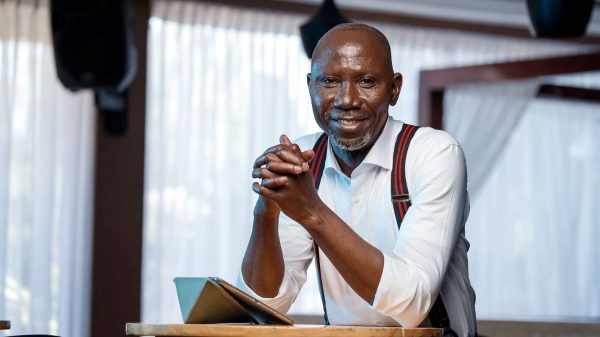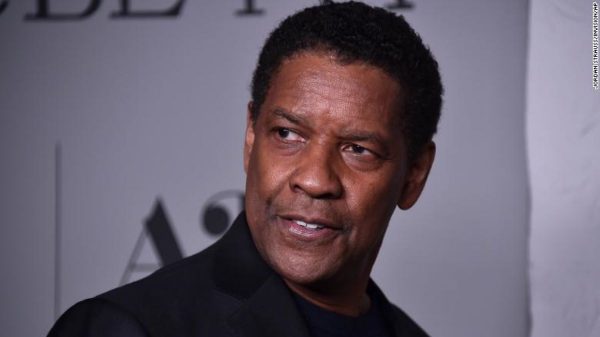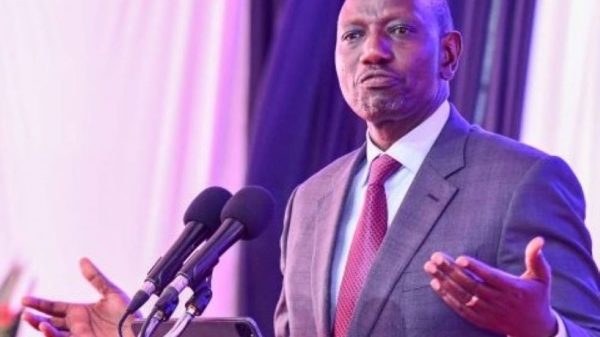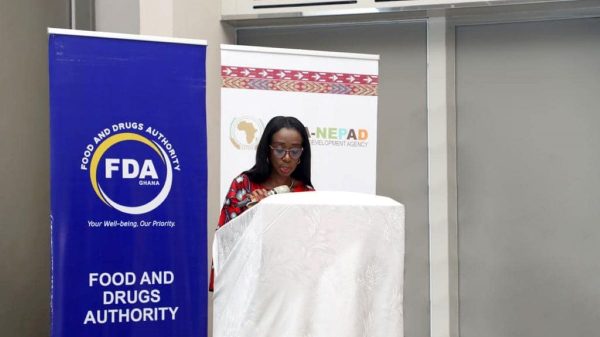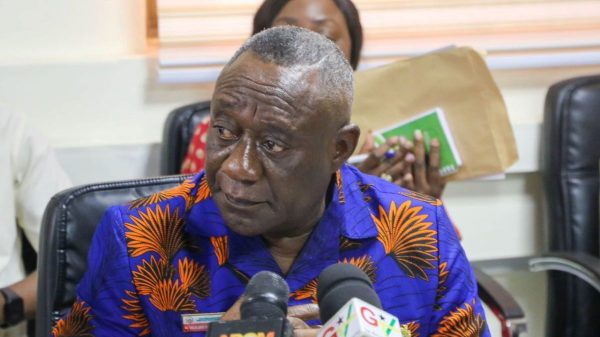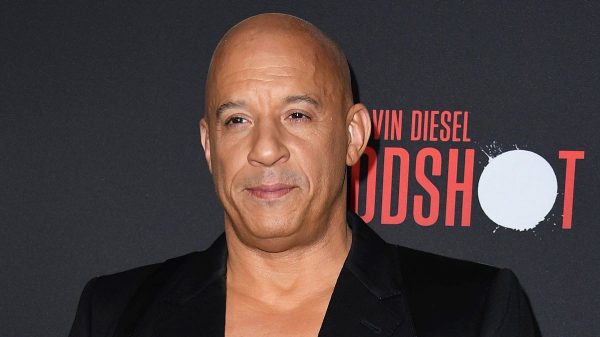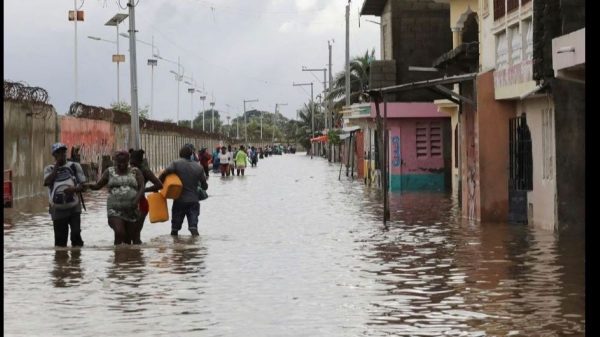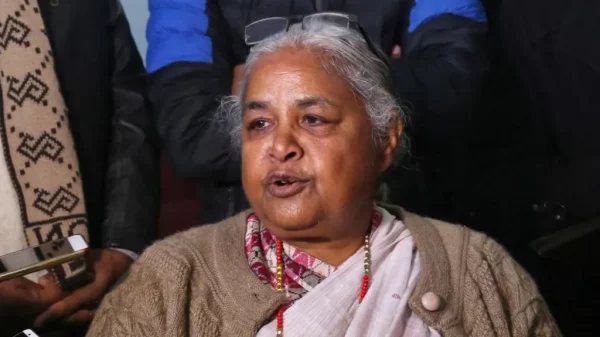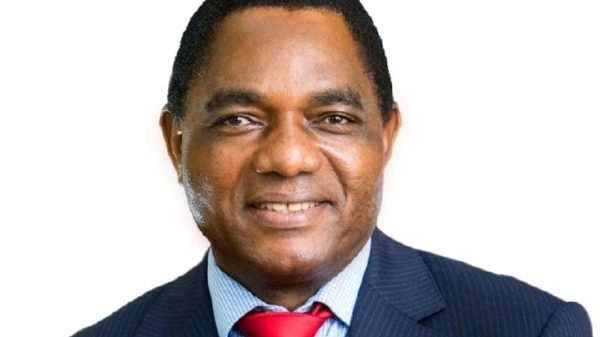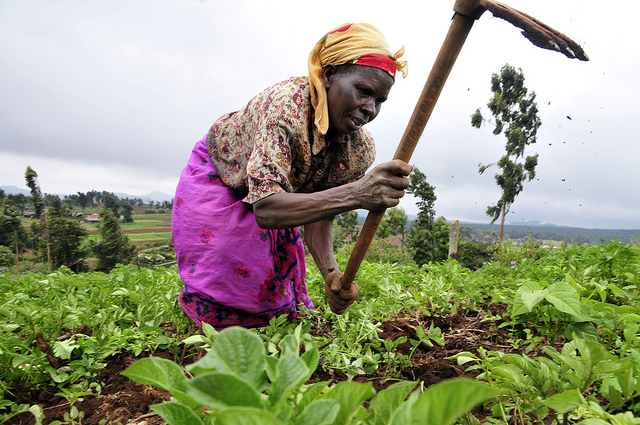Many African countries totally depend on agriculture for economic growth, however, many people have nothing to eat. As we commemorate the Africa Day of Food and Nutrition Security, we bring to light three immediate steps which need serious attention if our leaders are to find solutions to starvation and malnutrition on the continent.
2019 marks exactly half a decade since African leaders renewed their commitment to achieve inclusive agricultural transformation on the continent by implementing the Malabo Declaration. Despite increasing public attention to agriculture, most countries have failed to honour the commitments, including spending 10% of their budget on agriculture. Hunger and malnutrition has been on the rise, thus making Africa the region with the highest prevalence of undernourishment, at almost 20%.
Food insecurity is more than just hunger. Considering all the people in Africa affected by moderate levels of food insecurity together with those who suffer from hunger, it is estimated that almost 700 million people or more than half of Africa’s population do not have regular access to safe, nutritious and sufficient food. Africa remains a net importer of food despite accounting for the bulk of uncultivated arable land globally, creating further pressure on foreign reserves and making the continent highly vulnerable to global food prices when it cannot feed itself. To make matters worse, the agricultural production required to create long-term food and nutrition security in most countries is at risk: droughts, floods, and other forms of extreme weather can hurt farmers in countries already vulnerable to food and nutrition shortages. If this trend continues, at least 890-million Africans will be facing food insecurity by 2030. Malnutrition costs governments in Africa between 2% and 16% of GDP annually.
Africa has the potential to change this trend. Africa has the largest share of uncultivated agricultural land in the world and a rapidly growing workforce that can help boost agricultural growth and attain food security. If this potential is fully harnessed, African farmers could meet the food needs of the entire world. However, young people are continuously drifting away from agriculture in pursuit of profitable and attractive sources of livelihood. Agriculture remains unattractive to young people due to limited access to quality seeds and fertilizers, insecure access to land, inadequate rural infrastructure, high cost of financing, and low involvement of youth in policy dialogues that shape investment in the sector.
There are three immediate and critical steps that African leaders must take to find solutions to starvation and malnutrition in Africa.
1. Prioritise agriculture as an economic and security agenda
African leaders must prioritize investment in agriculture and food systems, not only as an economic agenda, but as a security agenda. Investment in agriculture has been found to be 11 times more effective in reducing poverty than any other sectors in Africa. Additionally, if Africa prioritises investment in youth, it could reap additional $500 billion in return to its economy every year.
2. Make agriculture profitable and attractive to young people
Involve young people in the planning, design, and implementation of agricultural policies. ONE has observed low involvement of youth in policy dialogues, budget consultation process, and program implementation. As a result, policies often fail to provide them with adequate support that aligns with their aspirations. To attract young people into the sector, government spending must be targeted at reducing real and perceived agribusiness risks, enable financing and improve infrastructure. Currently, high lending rates are stunting the growth of small and medium scale agribusinesses. Rural agri businesses can thrive when they have access to finances and are well connected to local communities and markets.
3. Policy alignment, implementation and accountability
African leaders must take leadership and prioritize the implementation of Malabo commitments on Accelerated Agricultural Growth and Transformation for Shared Prosperity and Improved Livelihood. The Biennial Review (BR) scorecard is an important tool for learning and monitoring our collective progress. Often times, several policies are developed but not fully implemented. If Africa must make significant progress, each country must report its progress and respond swiftly to its policy formulation and implementation gaps.
Africa now has the tools in order to reach SDG 2 Zero Hunger by 2030 – our youth and arable land. However, our leaders must prioritize the three steps in order for Africa to be well on the way to tackling food insecurity, while also creating jobs for our teeming youth.





























